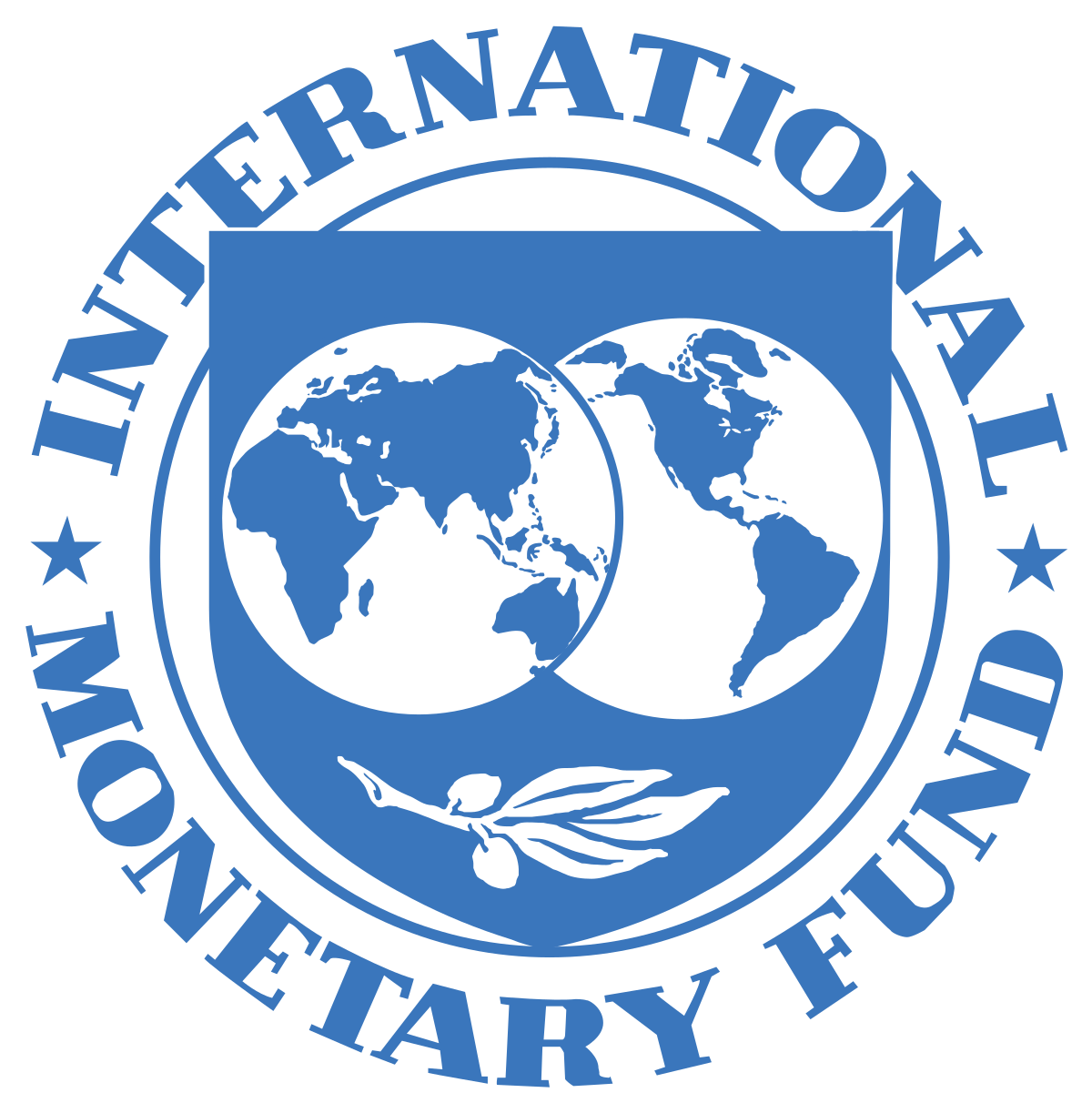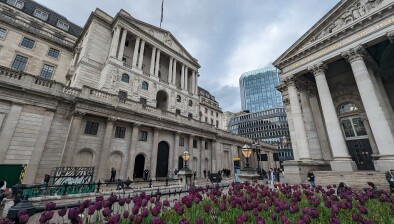IMF calls for pandemic wealth tax

The International Monetary Fund (IMF) has said that wealth taxes, income tax surcharges and solidarity business levies should be considered by the UK Government to support those who have been hit the hardest by the coronavirus pandemic and to help tackle rising public debt.
The organisation has urged advanced nations such as the UK to consider implementing temporary tax increases to provide targeted support for vulnerable households, including minorities, women and the low-paid.
In a chapter of its Fiscal Monitor, the institution warned that COVID-19 had “exacerbated pre-existing inequalities in incomes and access to basic services” and that the “accelerated digitisation” of the economy threatened to cut low-skilled workers adrift.
To fund a response, the IMF has called on governments to consider a “temporary surcharge” on income tax and a tax on profits above the “minimum return required by investors”. It said that the idea was to “assure a contribution from businesses that prosper during the crisis, such as pharmaceutical and highly digitalised businesses”.
The IMF also called on governments to consider higher property and inheritance taxes alongside wealth taxes as part of a reform of “domestic and international tax systems to promote greater fairness and protect the environment”.
The UK Government levied excess profit taxes on businesses that benefited from the First and Second World Wars and income tax surcharges were used after reunification in Germany and in Japan after the Tohoku earthquake in 2013.
The IMF’s latest forecast shows the UK national debt rising every year of the present parliament to 103% of GDP, an increase of more than 20 percentage points since 2019, The Times reports.
Chancellor Rishi Sunak has signalled that he would like to stabilise debt as a share of GDP, which would leave him little option but to raise taxes. Last year he opened a review into higher capital gains tax. At some point, the fund said, advanced countries with high debt levels will need to “rebuild buffers… for resilience in the event of further shocks”.
The IMF said electorates were prepared to accept higher taxes. It said: “Covid is likely changing people’s attitudes toward policies that affect the distribution of income. Studies have found…people want more redistribution.”
However, the IMF accepted that wealth taxes were hard to collect and enforce. Instead, it suggested that in the first instance governments should prioritise the “closing of loopholes and greater reliance on property and inheritance taxes, which remain underused”.
The IMF emphasised that the immediate focus should be on increasing the production and distribution of vaccines. A faster rollout programme globally was likely to cost tens of billions of dollars, but the faster GDP growth it would generate could raise $1 trillion in extra taxes by 2025 in advanced economies alone.







